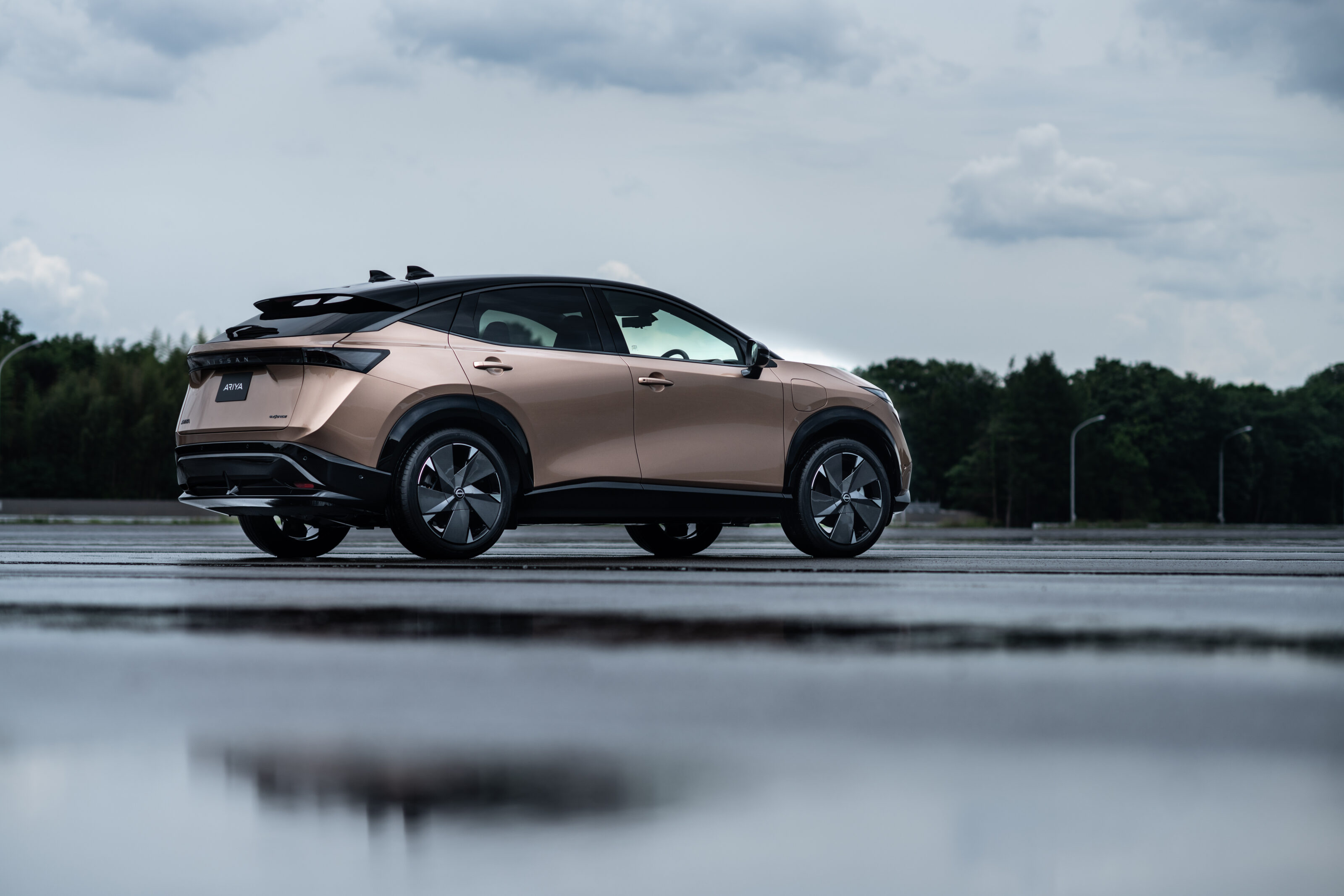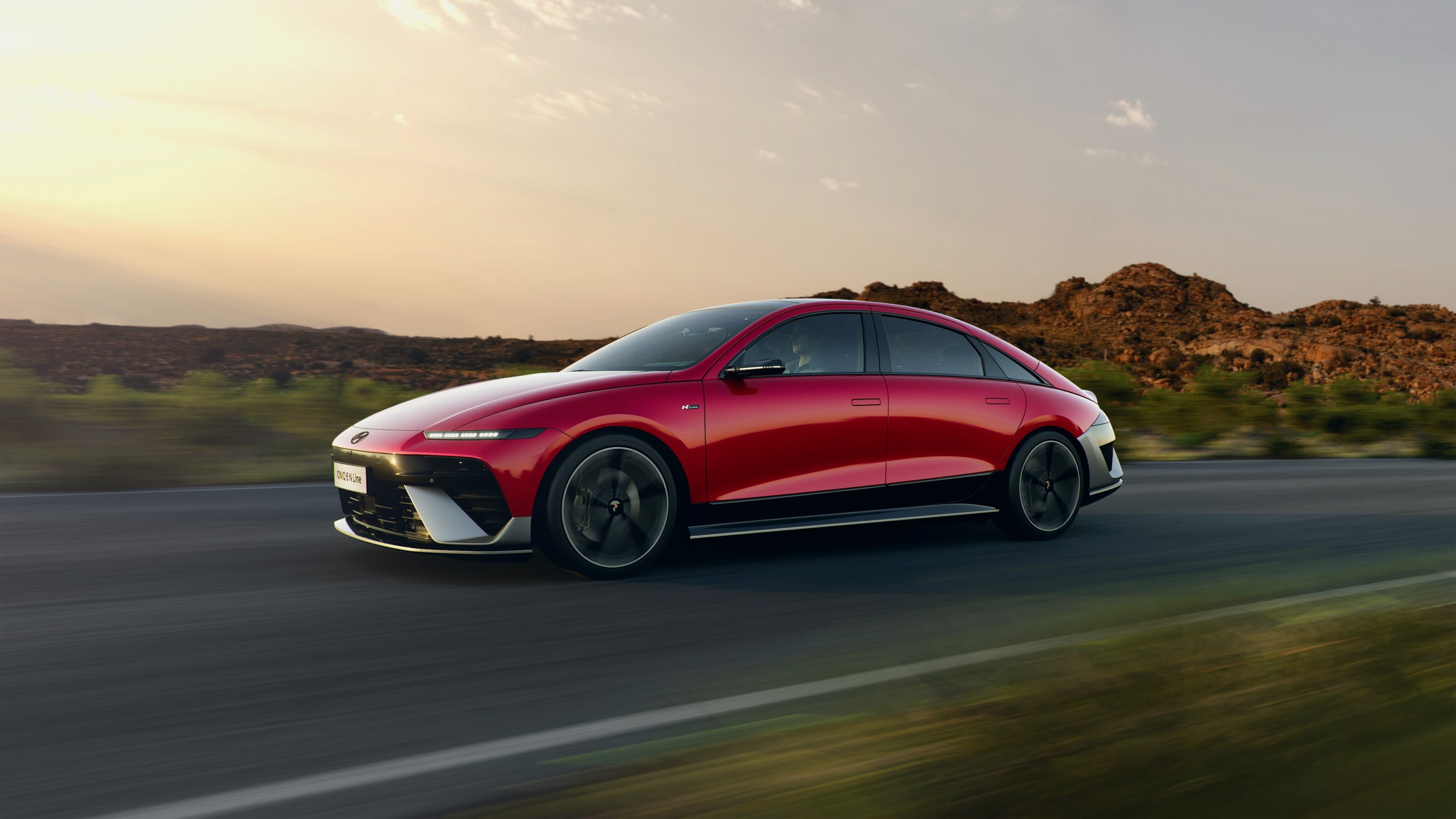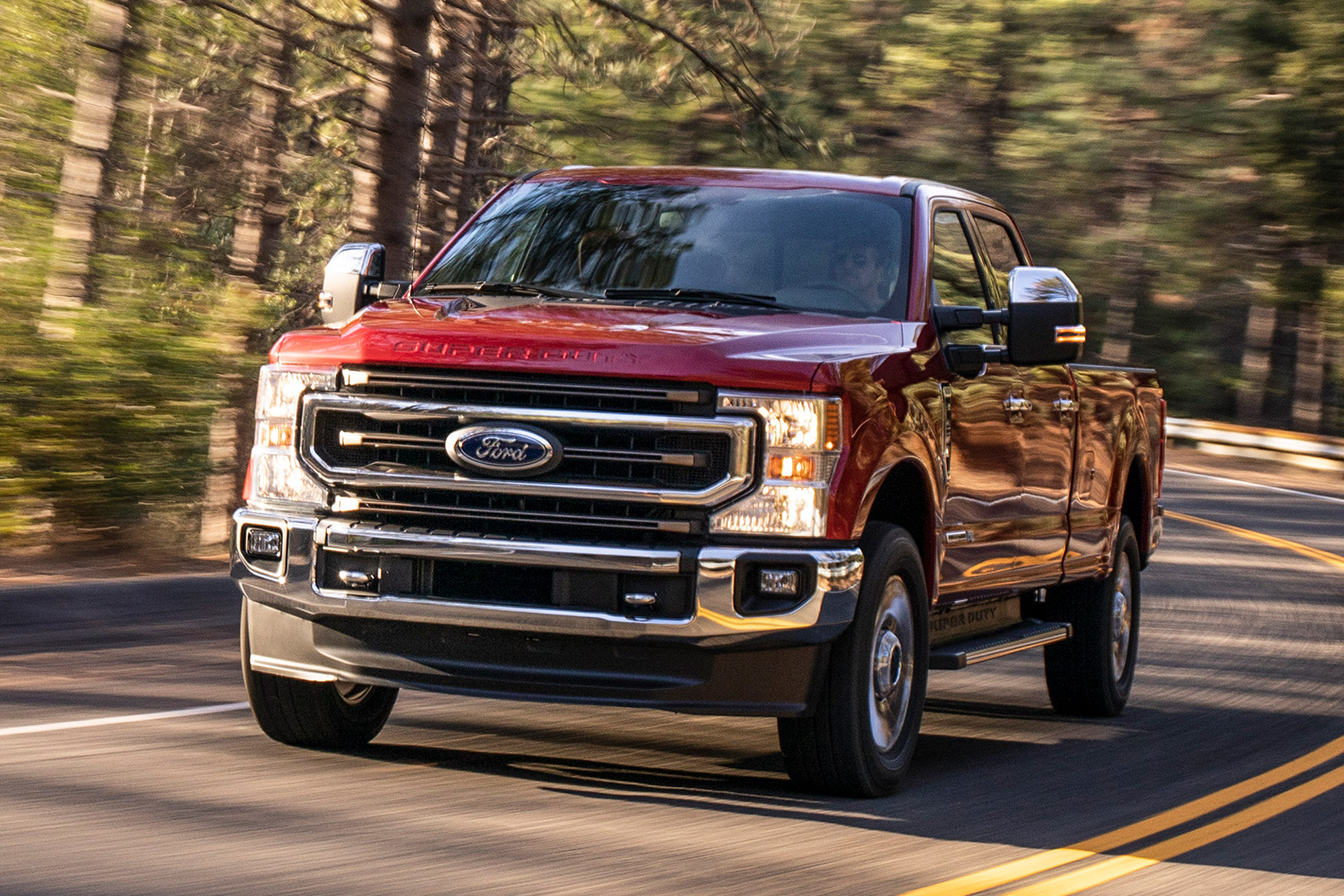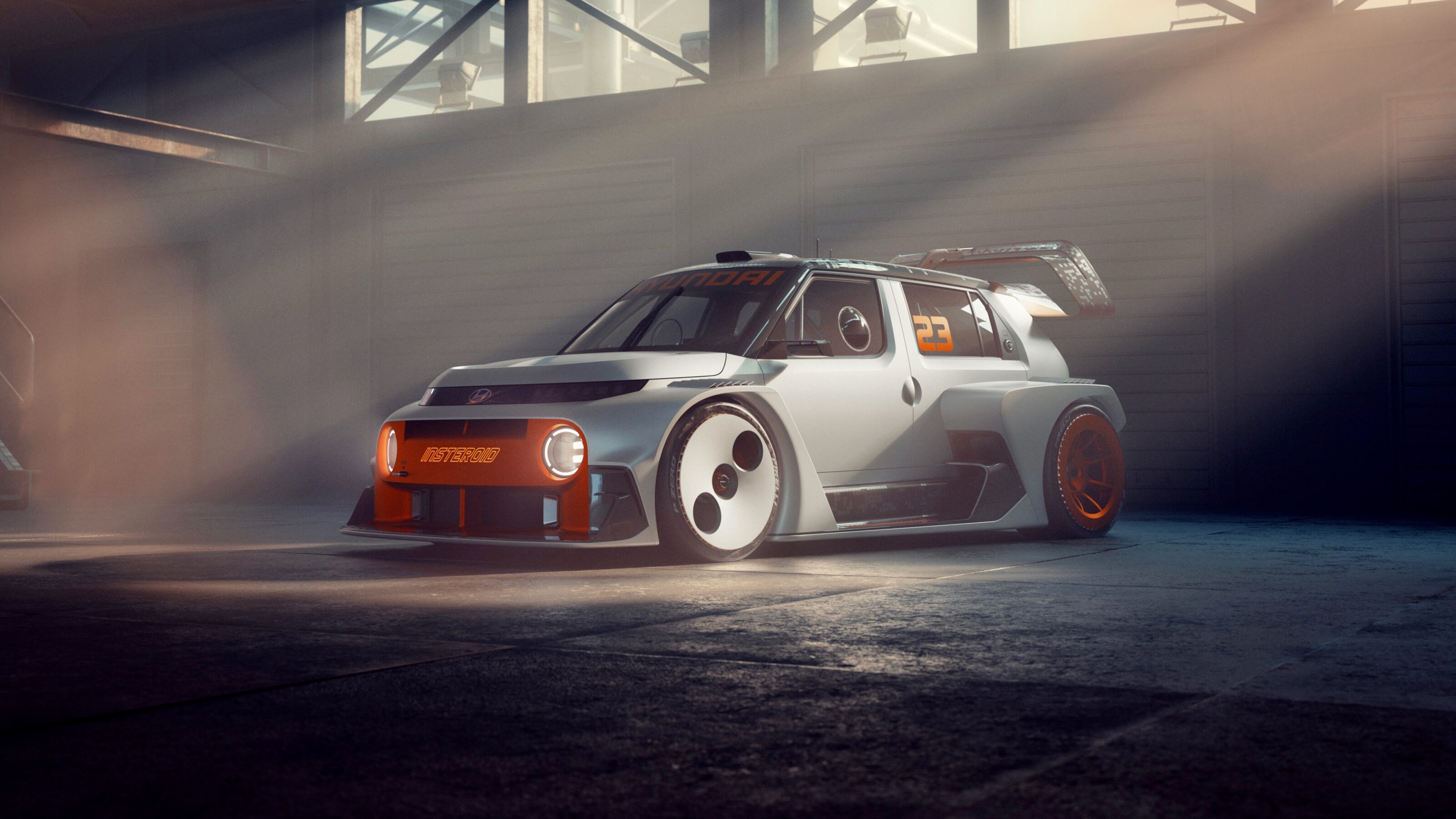Nissan Australia’s electrification strategy has hit a short-term speed bump with the arrival of its long-awaited Ariya EV crossover pushed back until at least 2023.
It was hoped that the Ariya, which is Nissan’s second dedicated EV after the Leaf, would arrive locally this year to take on the likes of the Tesla Model Y and Polestar 2. But global production delays due to the semiconductor shortage, and Australia’s position as a lower-priority market for EVs, means the Ariya’s arrival timing has blown out until at least 2023.
“We’d love to get it the market as soon as possible,” said Nissan Oceania boss Adam Paterson. “But there’s very limited supply available globally for that product. We’re working on a plan to get it here but I just don’t have a date I can share with you on that.”
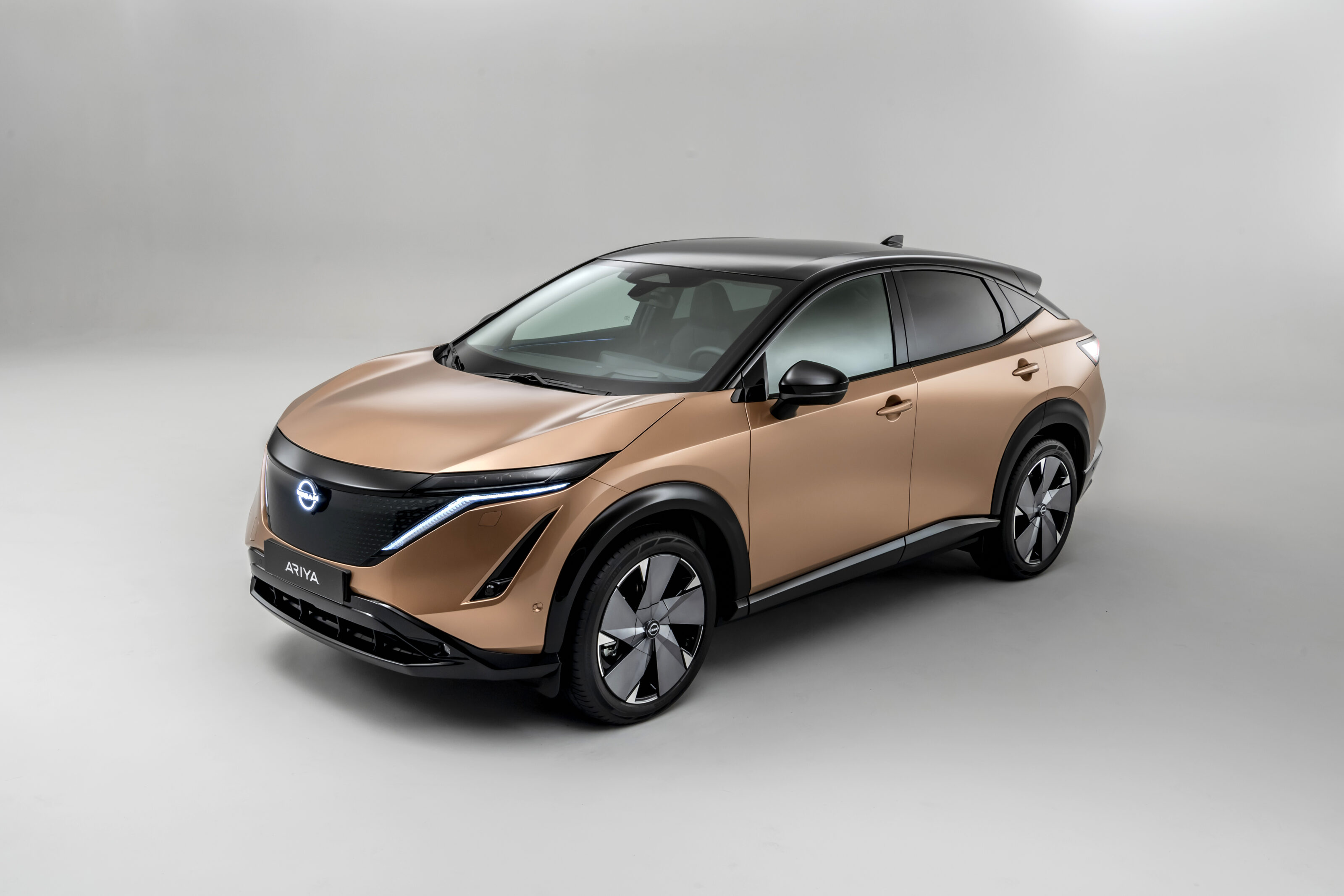
While a 2023 launch is likely for Ariya, Paterson wouldn’t be drawn on whether that timing could be extended even further to 2024 as Nissan prioritises high demand markets for EVs like China, the US and Europe.
“I don’t have a date I can share because if I say 2023 and it changes, I’ll need to make a correction,” he said. “But it won’t be in 2022, how’s that?”
The news comes at an interesting time for Nissan in Australia. The brand is poised to launch four new models in the coming months that will see it suddenly boast one of the freshest model ranges in the country.
The product onslaught, which includes the new generation Qashqai, X-Trail, Pathfinder and Nissan Z sports car, will also see Nissan introduce its ePower hybrid tech for the first time in Australia.
The new hybrid powertrain will first be available on the Qashqai and later on the X-Trail, and means Nissan will soon have hybrid alternatives to the popular Toyota RAV4 and C-HR hybrids – though supply is expected to initially be limited.
But surprisingly, given the sales success of Toyota’s hybrid models, Nissan has downplayed the potential of the new electrified SUVs with its immediate focus instead being placed on high-demand vehicles like the Y62 Patrol and Navara.
“I feel like there’s a tonne of talk and conversation about it, but I don’t think 80-90 per cent of Australians would go out and buy an electrified car if one was available today,” Paterson told Wheels.
“It’s interesting that all the market is talking about is ‘when can we get one, when can we get a hybrid?’ But not everyone wants a hybrid, right? Many people are considering it, but it’s not the dominant powertrain yet. It will be, but to be the company that springs ahead is really just going to limit your ability to meet what your customers are wanting.
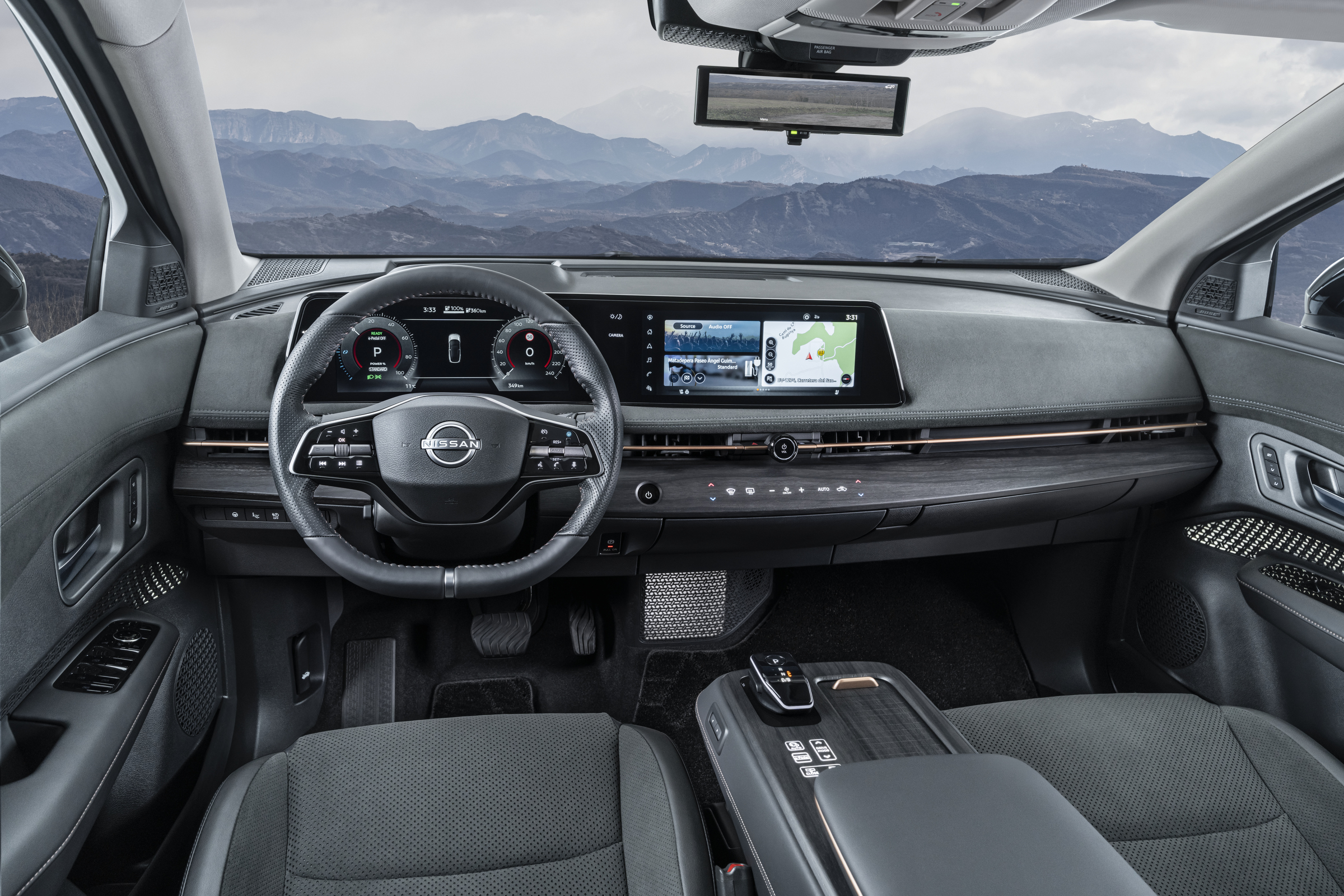
“It [hybrid tech] is an interesting space to be in, but we want to make sure we’re still offering what Australians are actually looking for.
“You heard me talk about Patrol earlier. We’re selling V8 petrol motors as fast as we can get them, and there almost seems to be as much demand in that segment as we’ve ever seen before. Whereas on the other side of the column we’re talking about electrification. So it’s pretty interesting, right?”
Nissan has long been a pioneer in the electric space, and globally it has committed that 50 per cent of its sales will be either hybrid or full-electric by 2030. The strategy, known as ‘Ambition 2030’, will see Nissan invest ¥2 trillion (AU$21.6 billion) over the next five years – which will include 15 new electric models.
“I’m not saying we don’t want to be a market leader in some ways, we have been with Leaf, but I think when ePower launches it’ll be a different electrified powertrain,” said Paterson. “Traditionally hybrids have been all for economy, right? And while ePower will deliver economy, it’s also an exciting car to drive.”
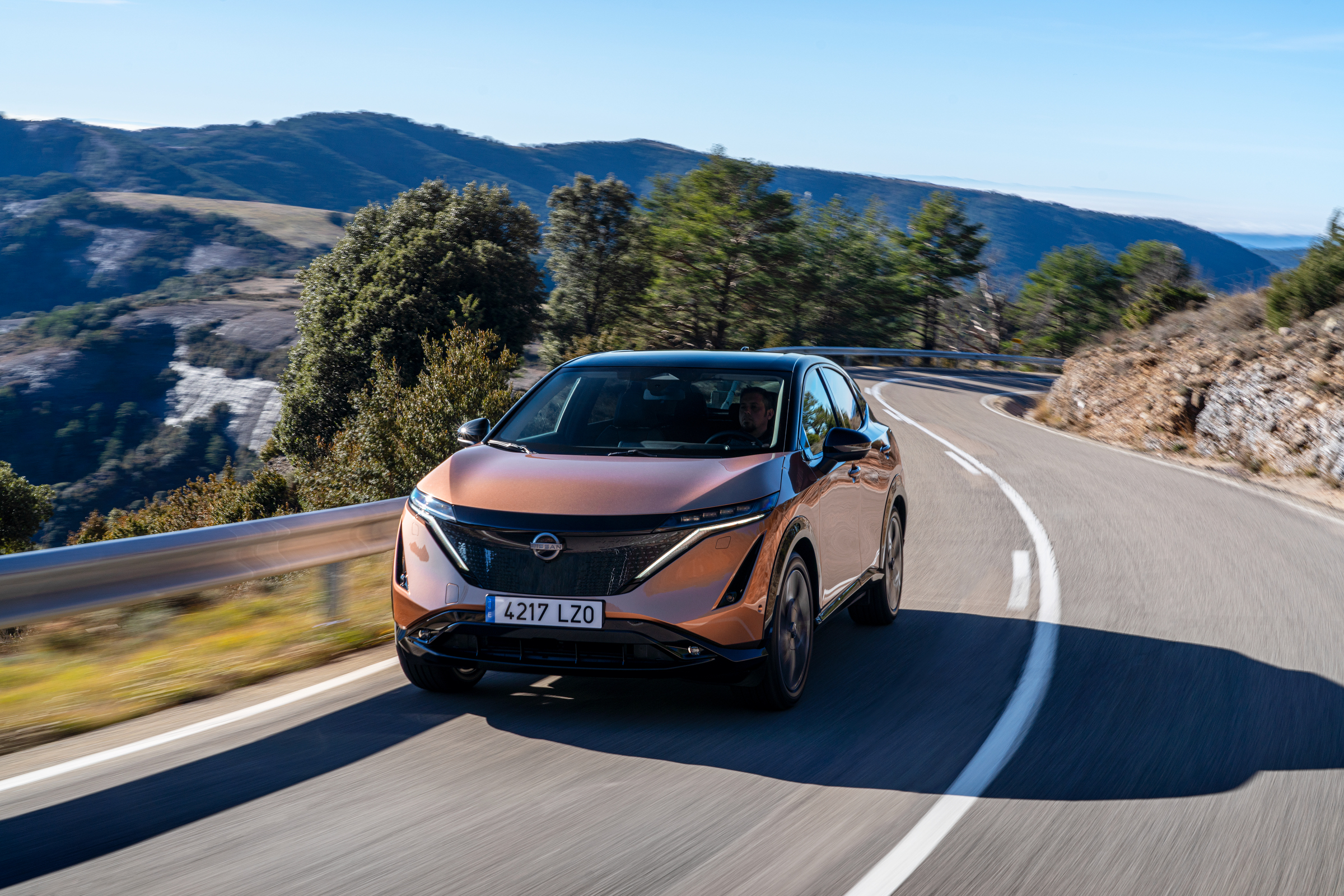
Nissan’s ePower hybrid tech is different to what’s offered by most manufacturers. Known as a ‘series hybrid’, Nissan’s system uses only the electric motor to turn the wheels. The combustion engine is used solely as a generator to power the electric motor and burns fuel in the process.
Most rivals use a ‘parallel hybrid’ system, which sees the combustion engine and electric motor work together to turn the wheels. The advantage of ePower, according to Nissan, is a driving experience that feels more like a pure EV with sharper performance and improved economy.
“I think that’s the way we’re going to try and want to lead,” said Paterson.
We recommend
-
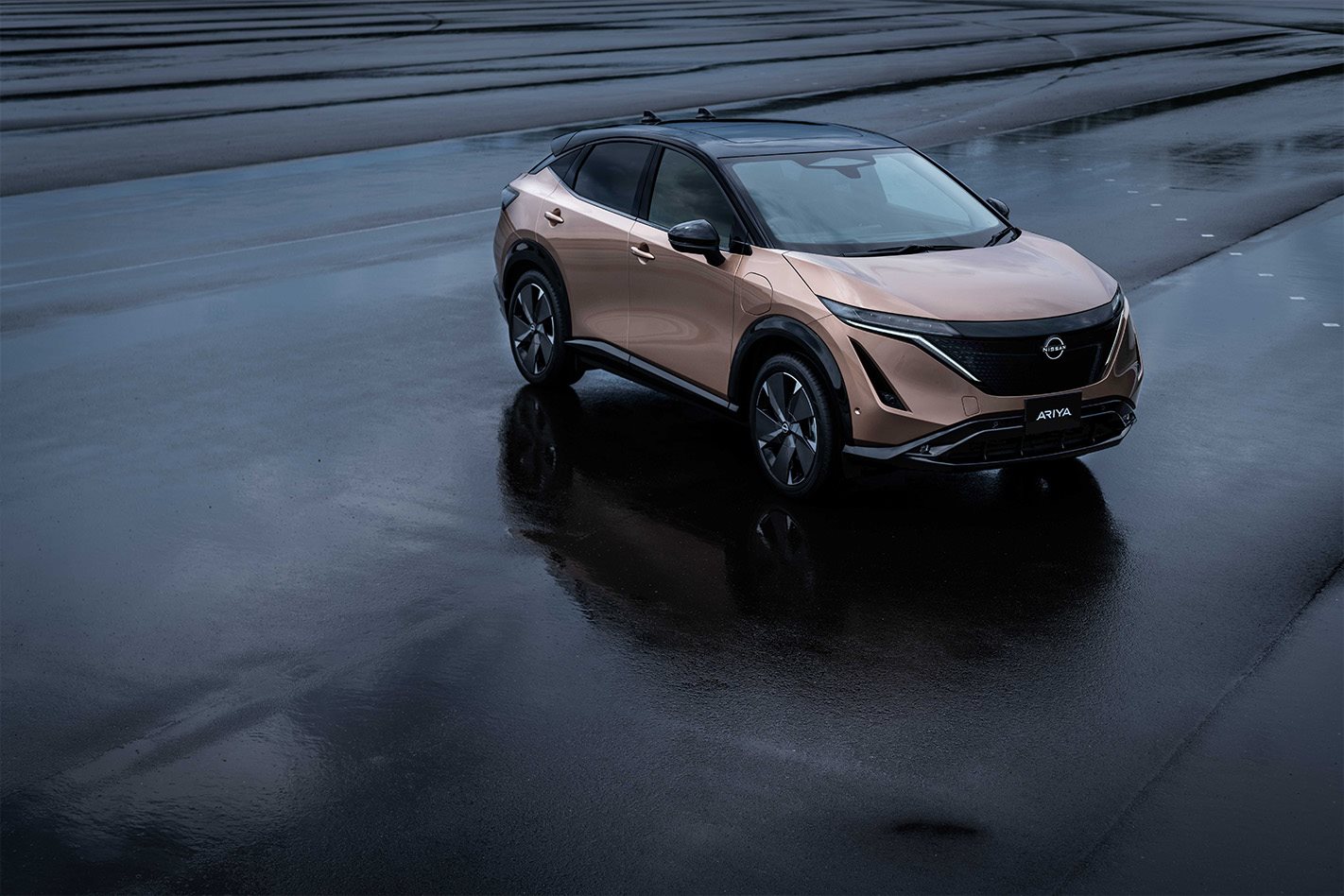 News
NewsNissan Ariya: 290kW/600Nm SUV revealed
This family hauler will crack 100km/h in five seconds
-
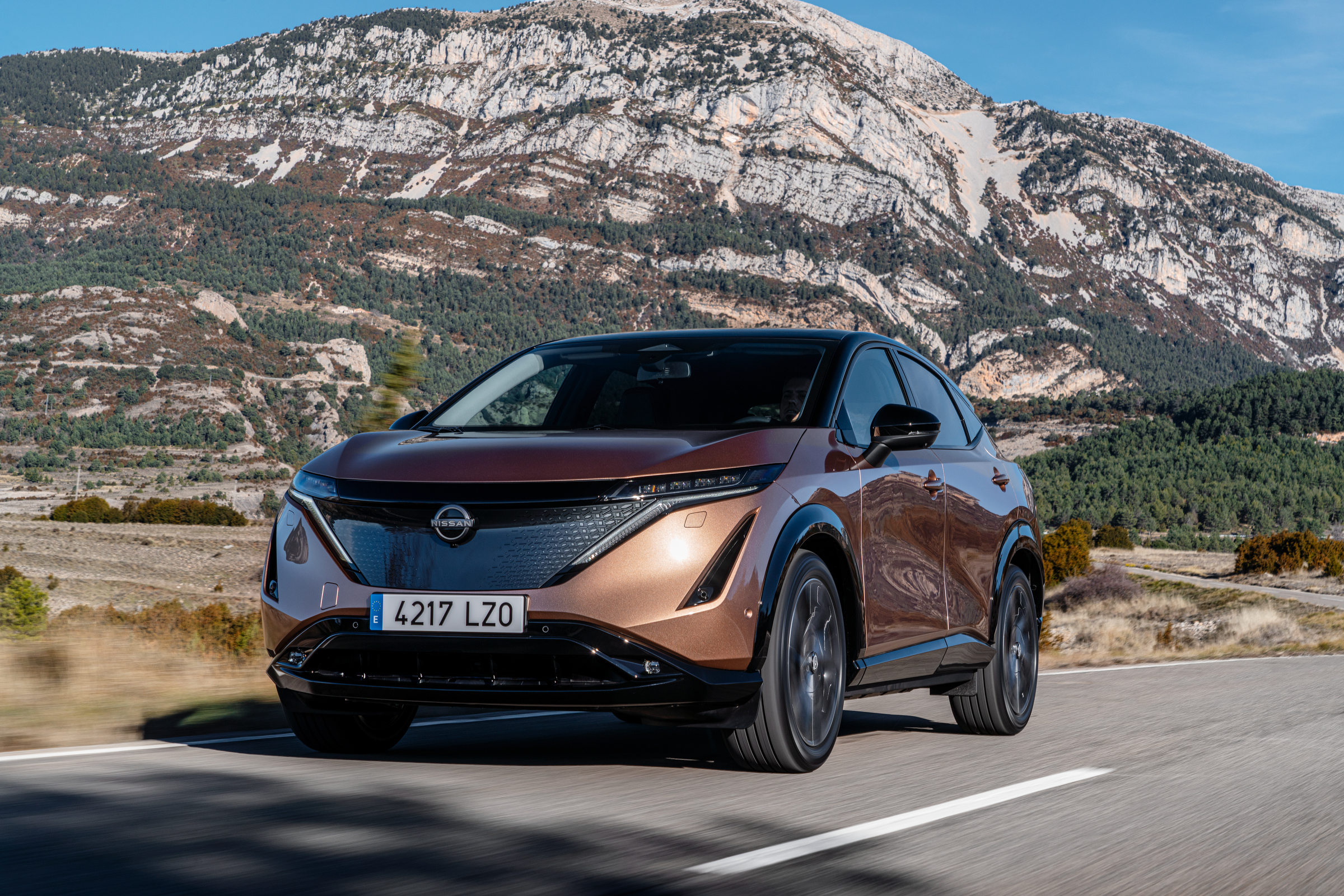 Reviews
Reviews2022 Nissan Ariya review: Prototype drive
Nissan seems late to the electric crossover party with the Ariya, but it has a mixture of tech and heritage to make up for it. So how is it all coming together?
-
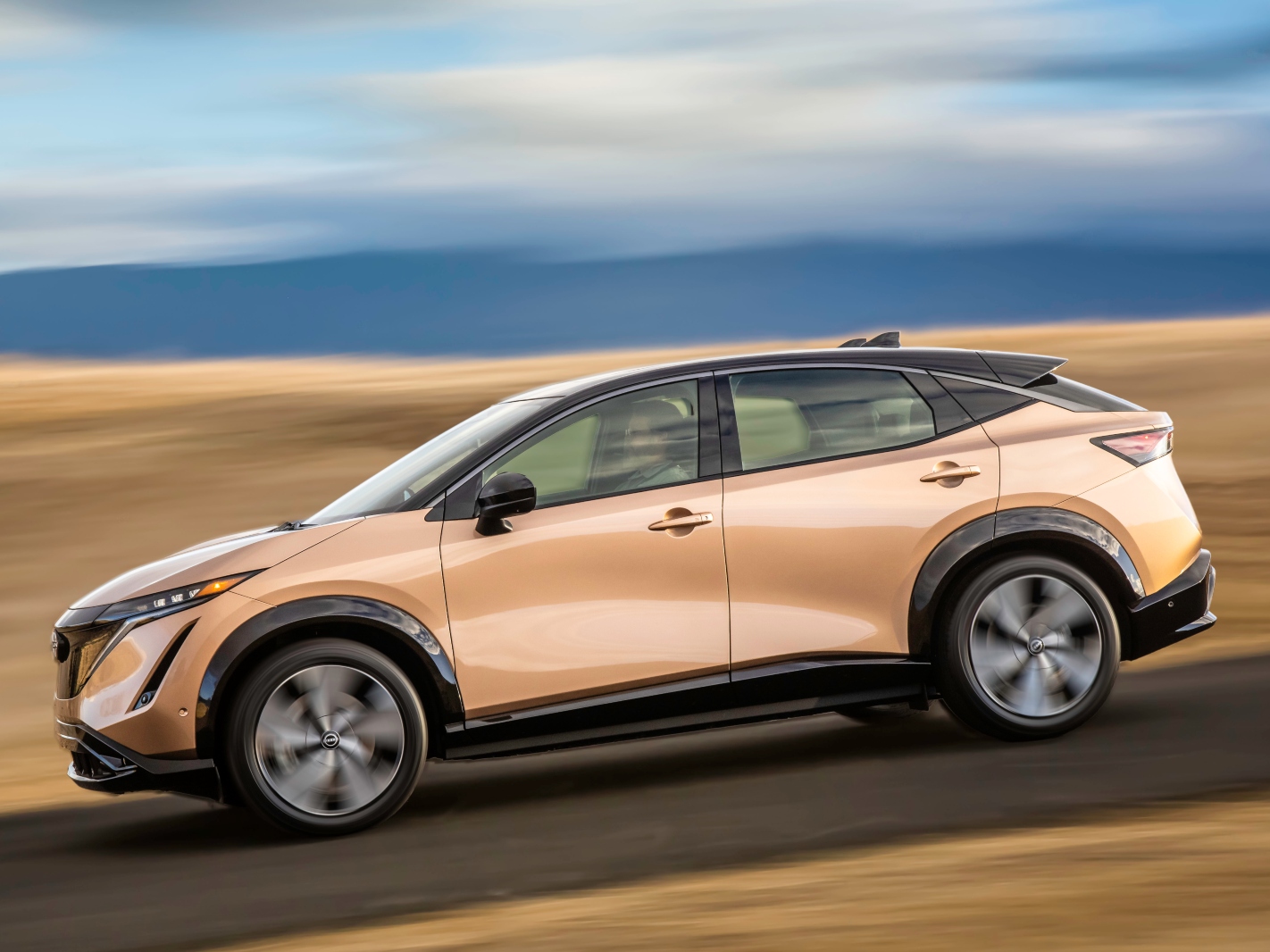 News
NewsNissan Ariya electric SUV coming to Australia
Nissan’s second electric vehicle chalked for local launch behind biggest global EV markets


